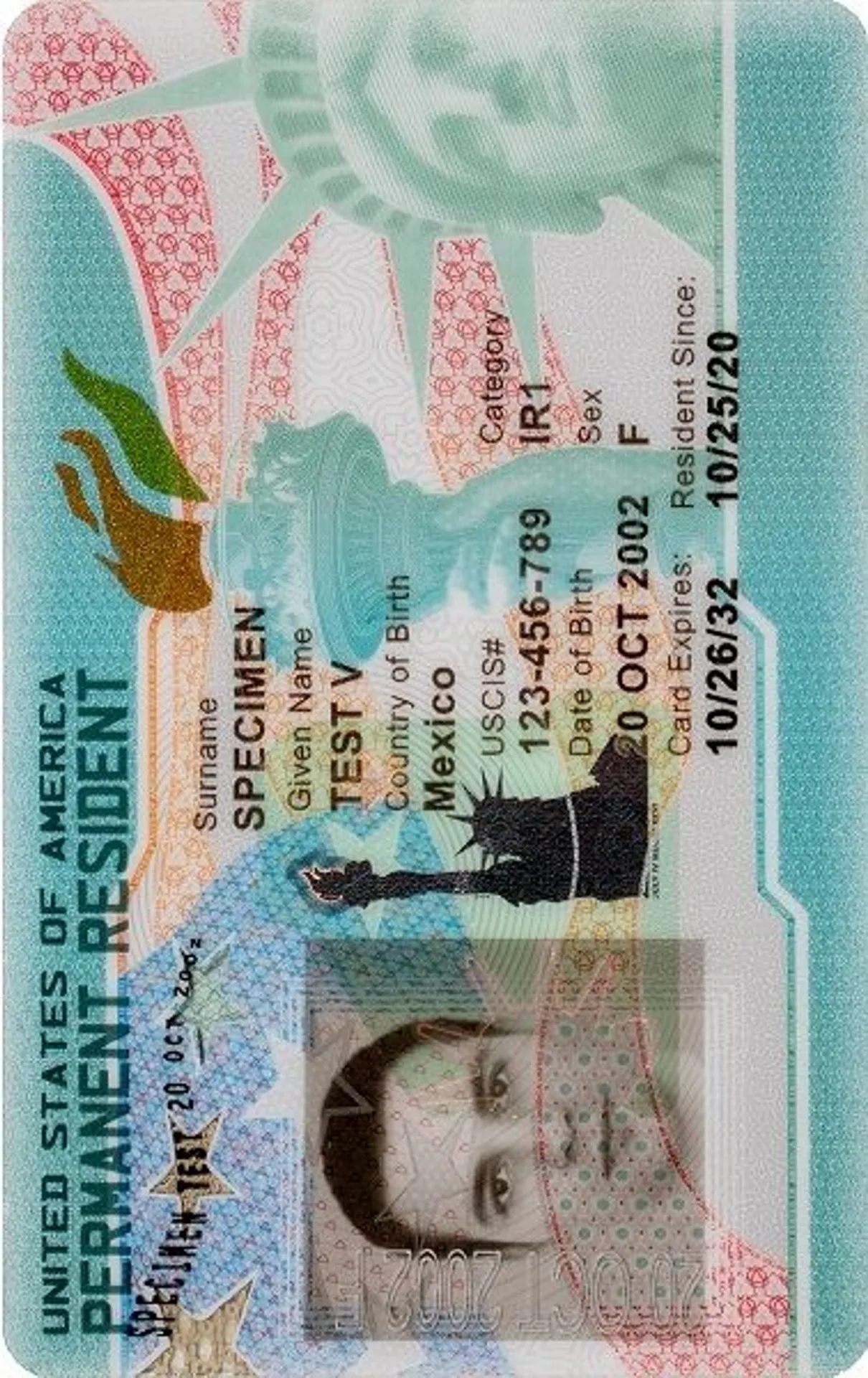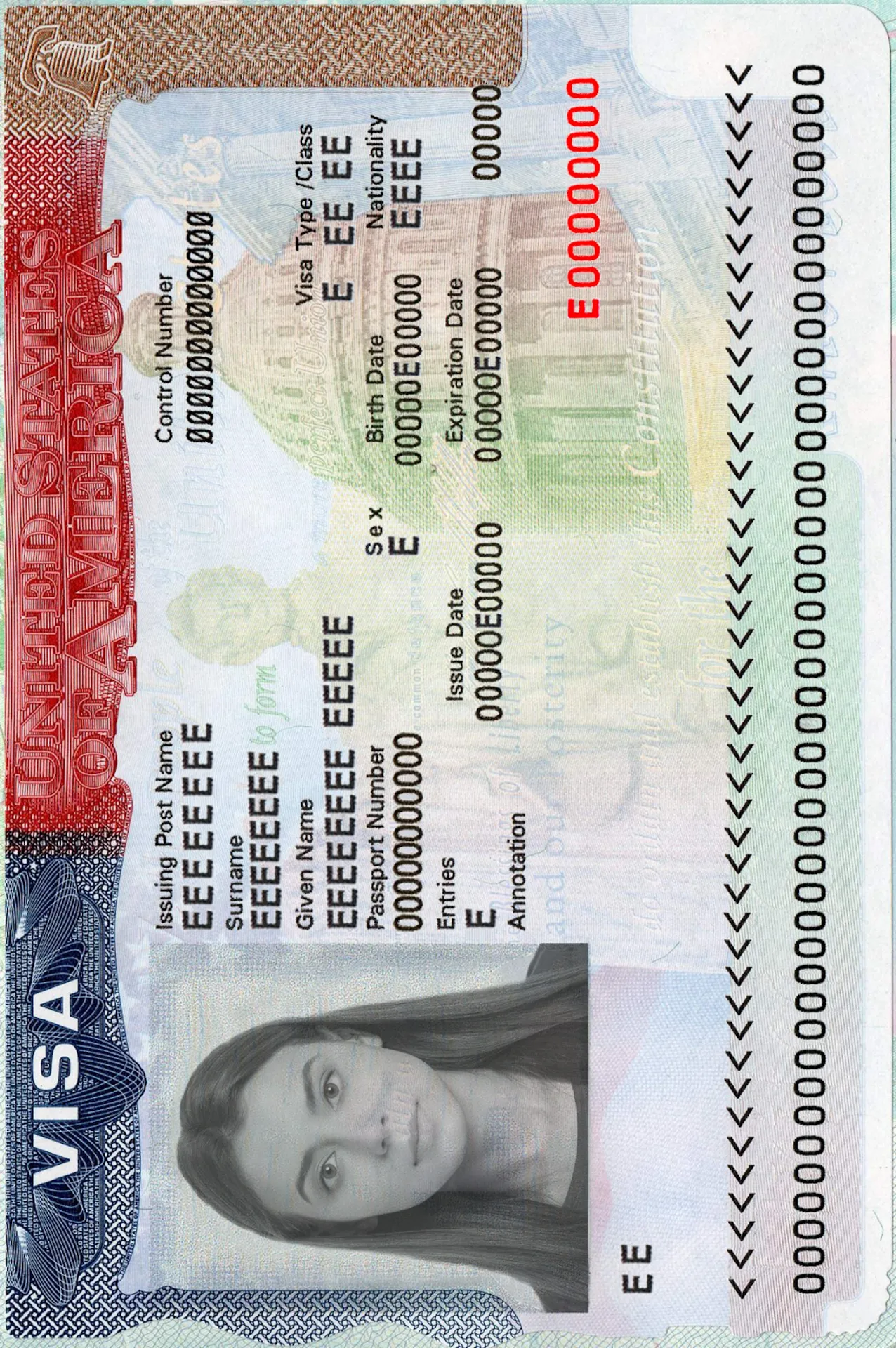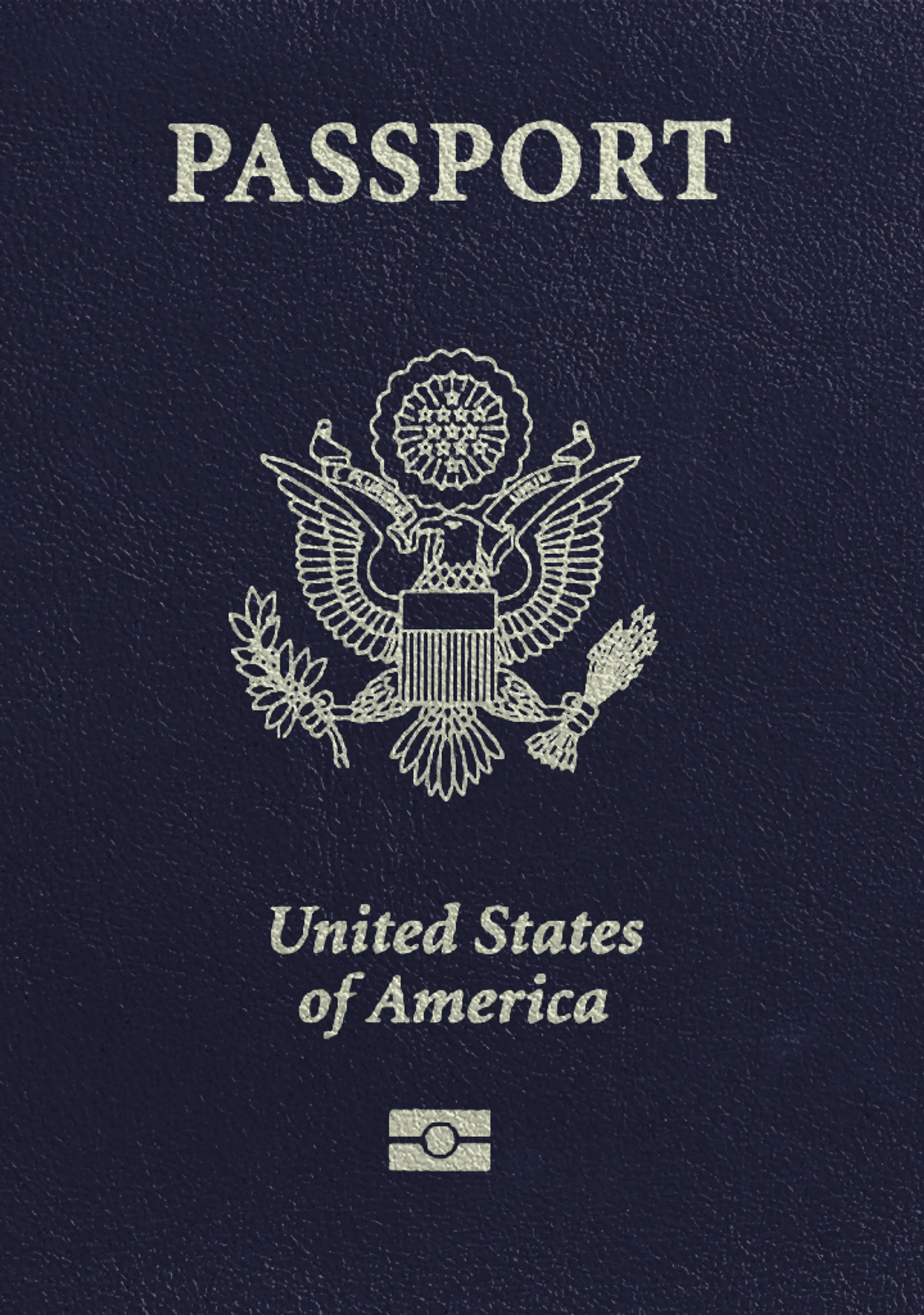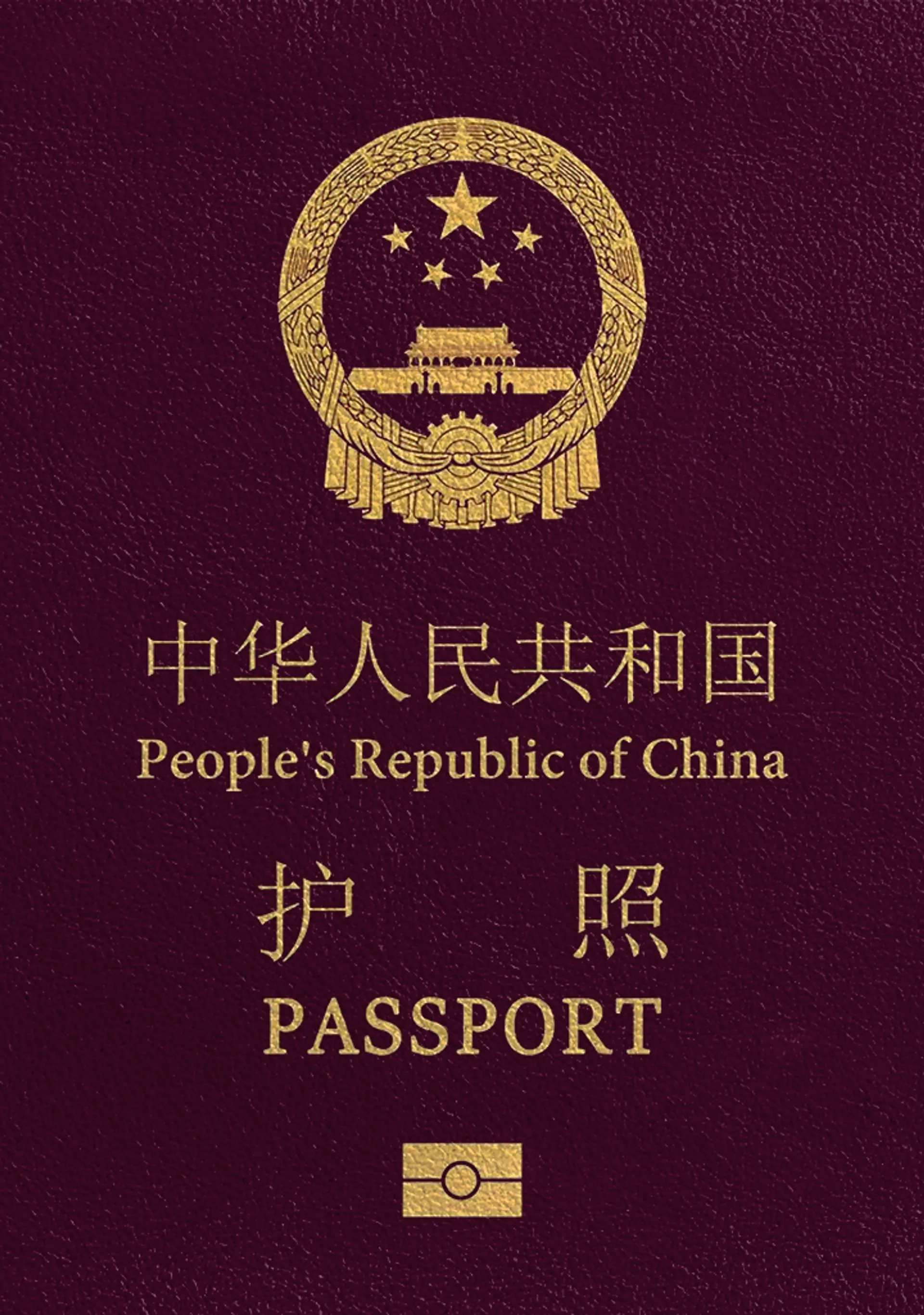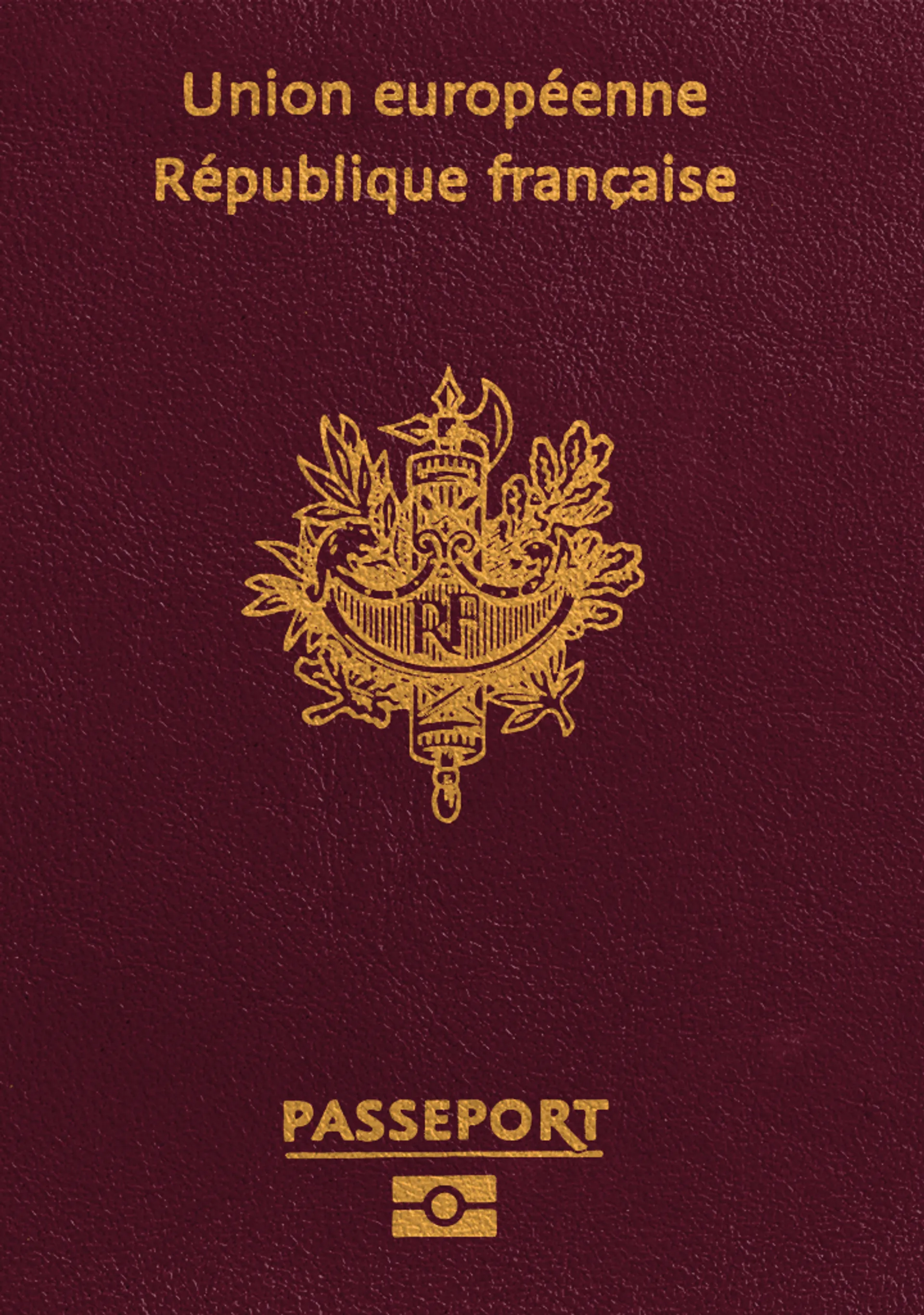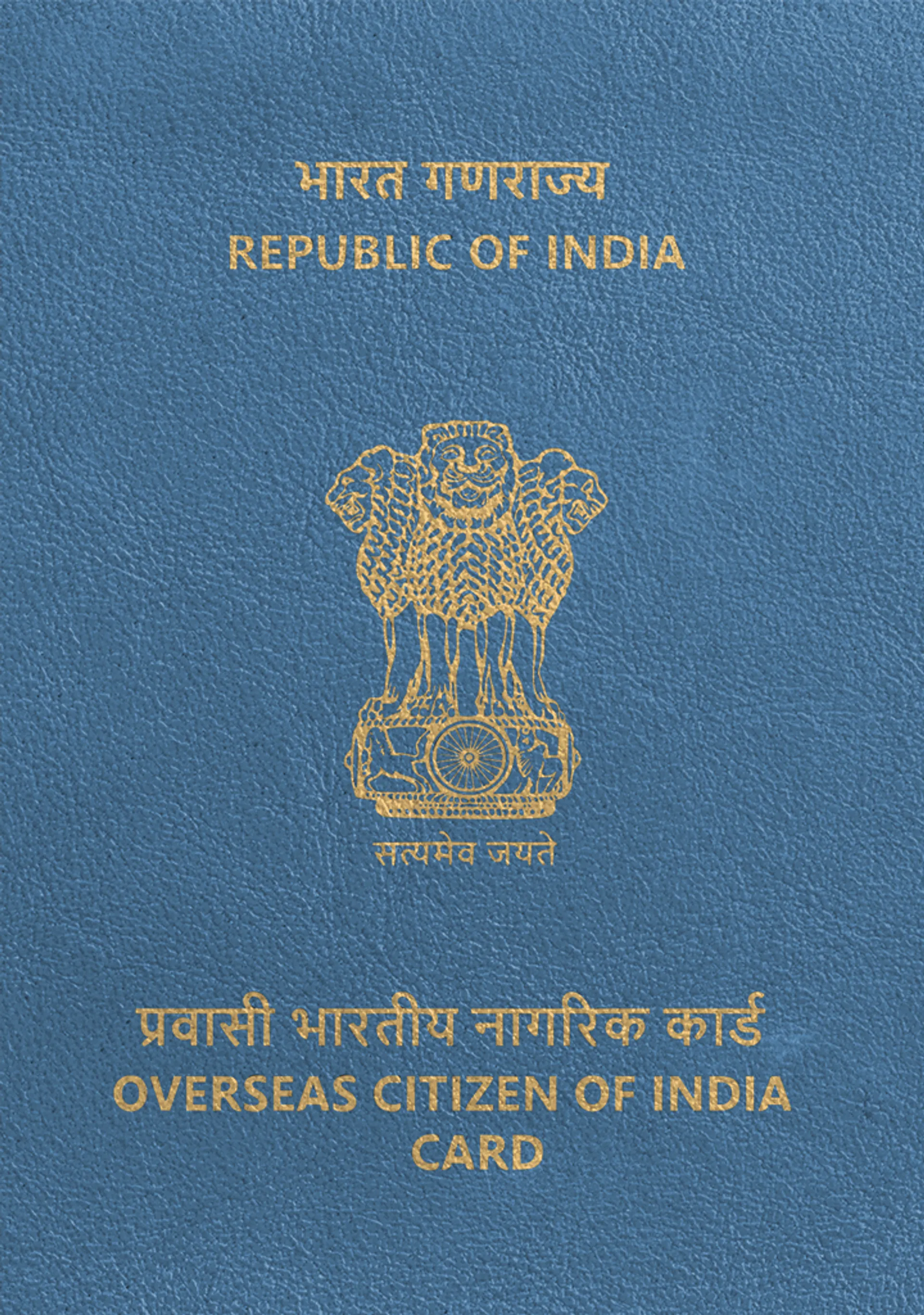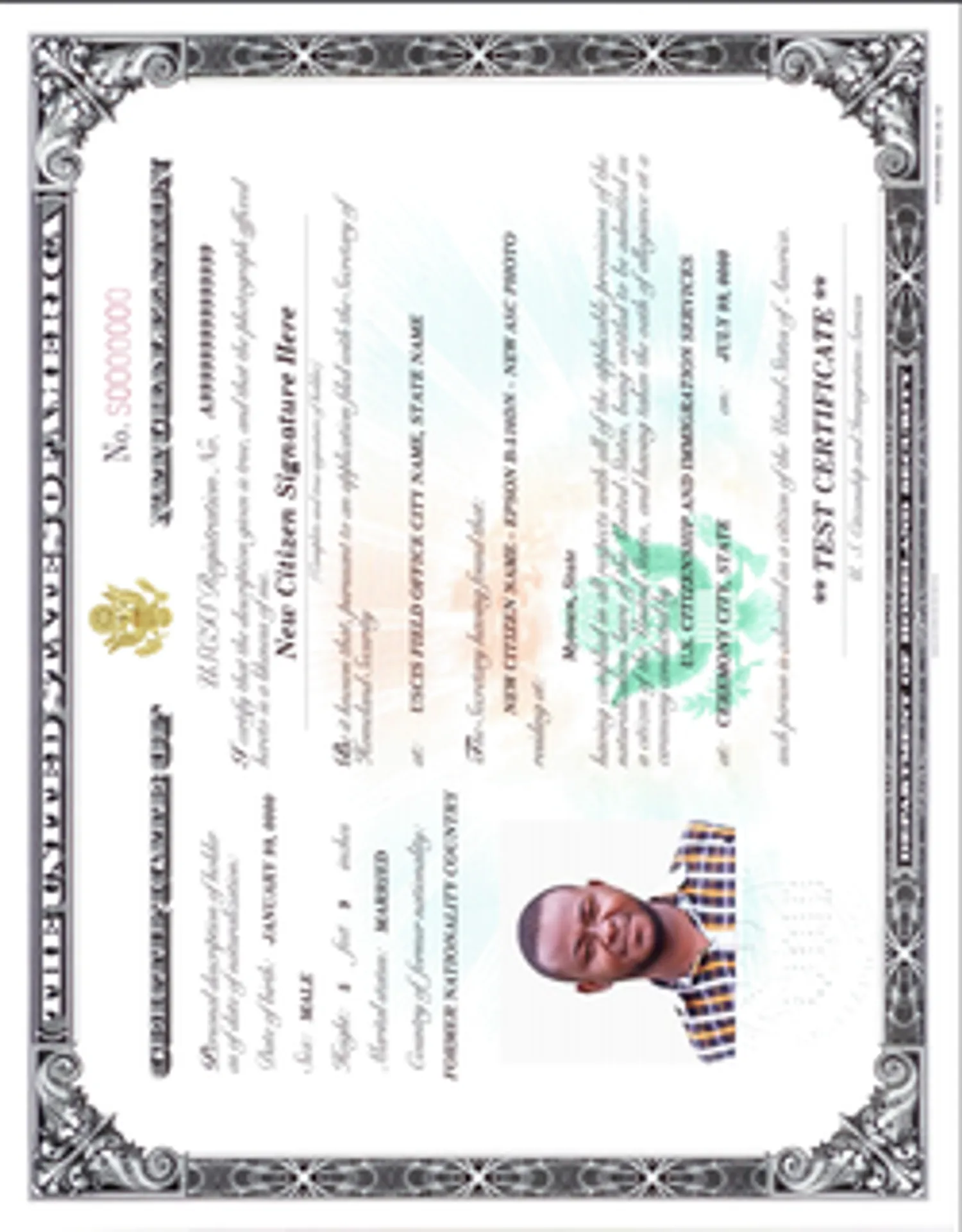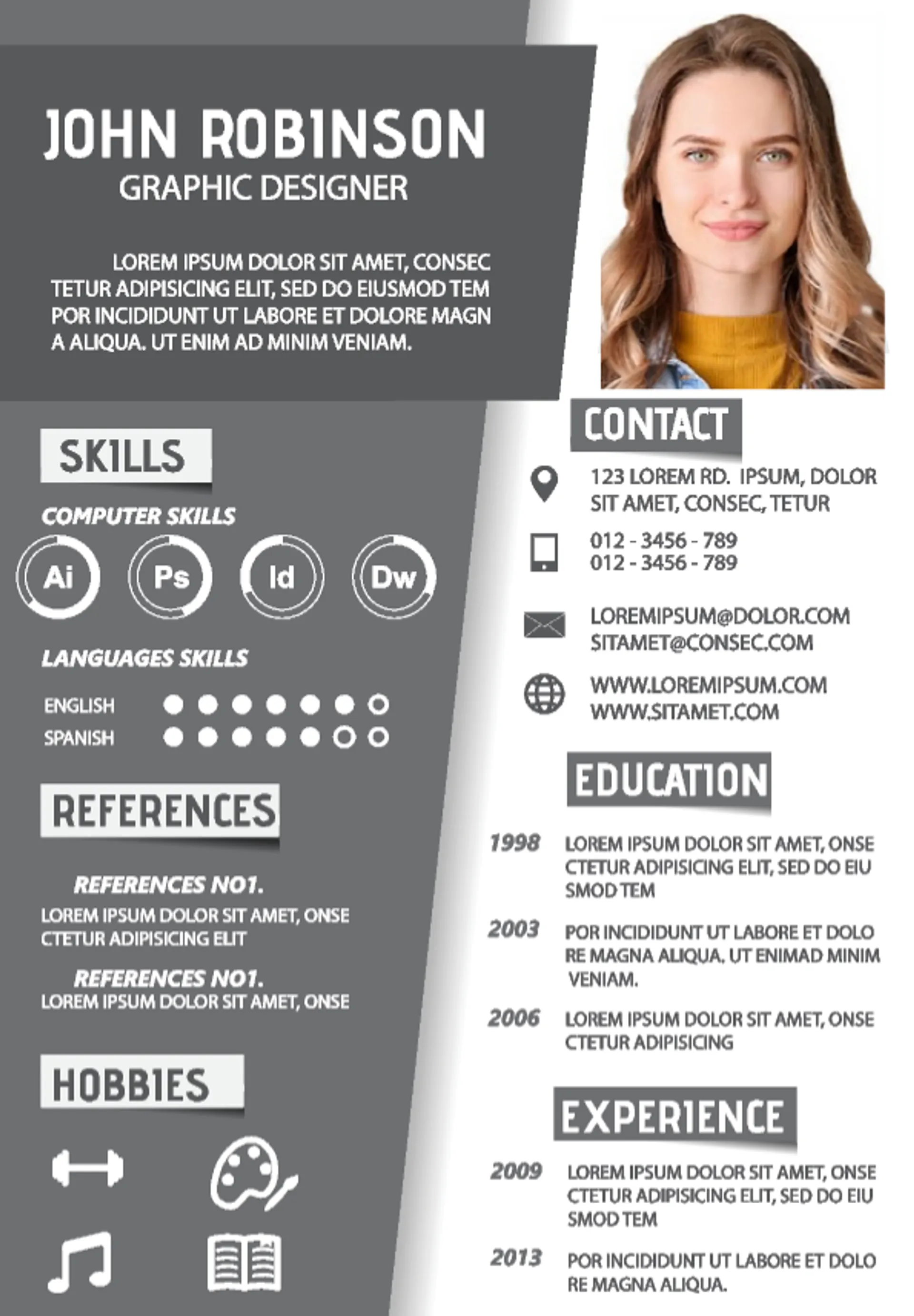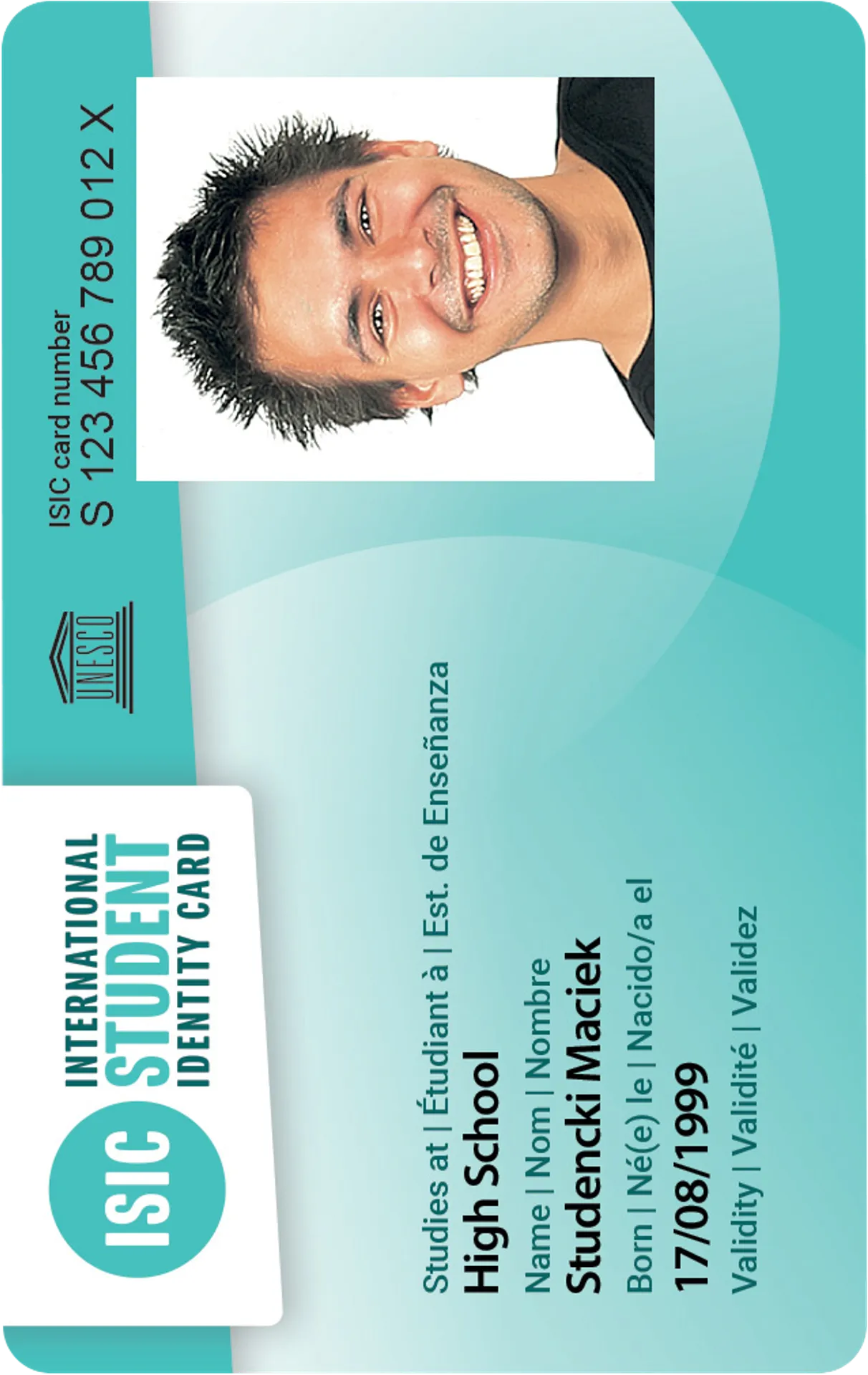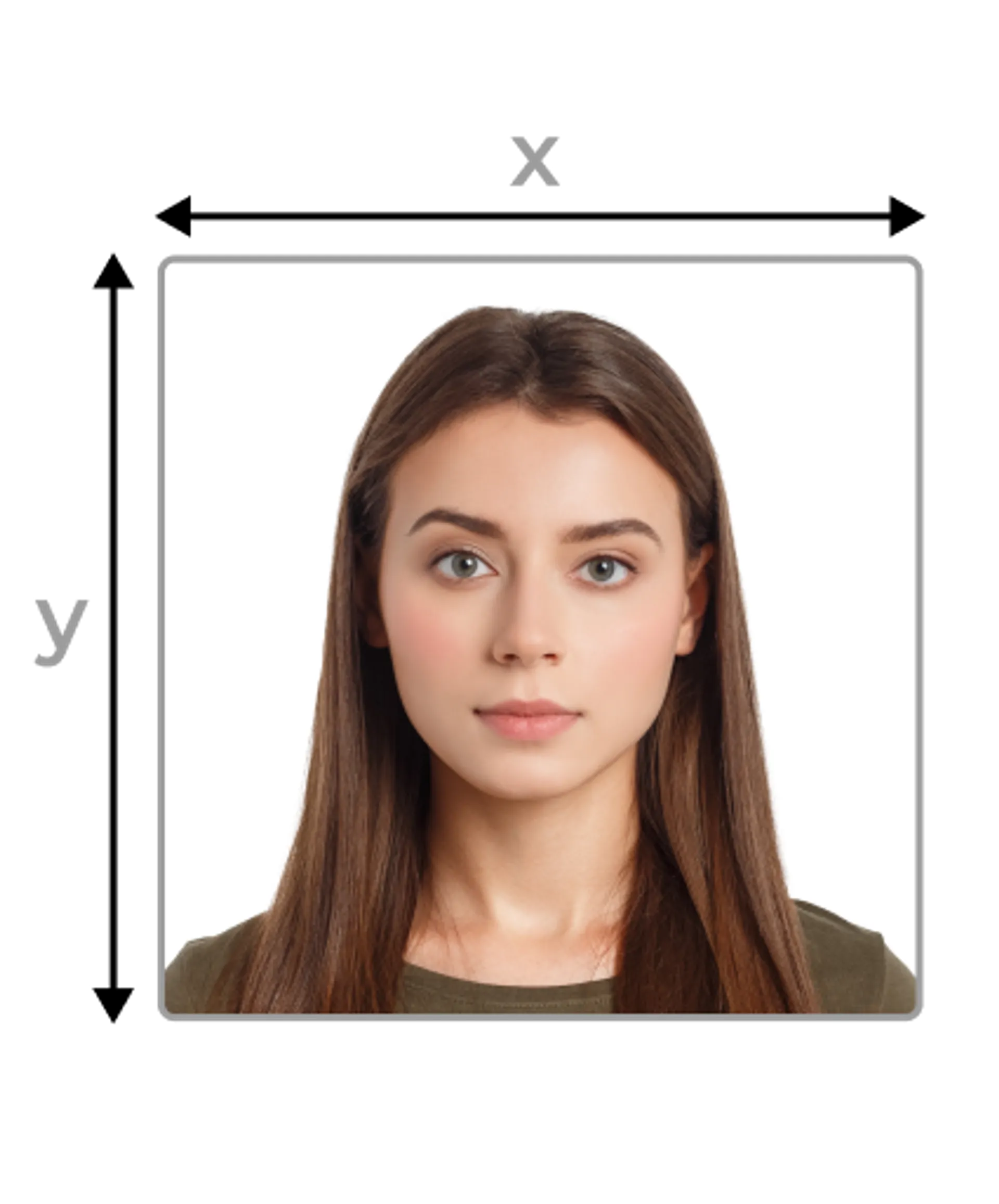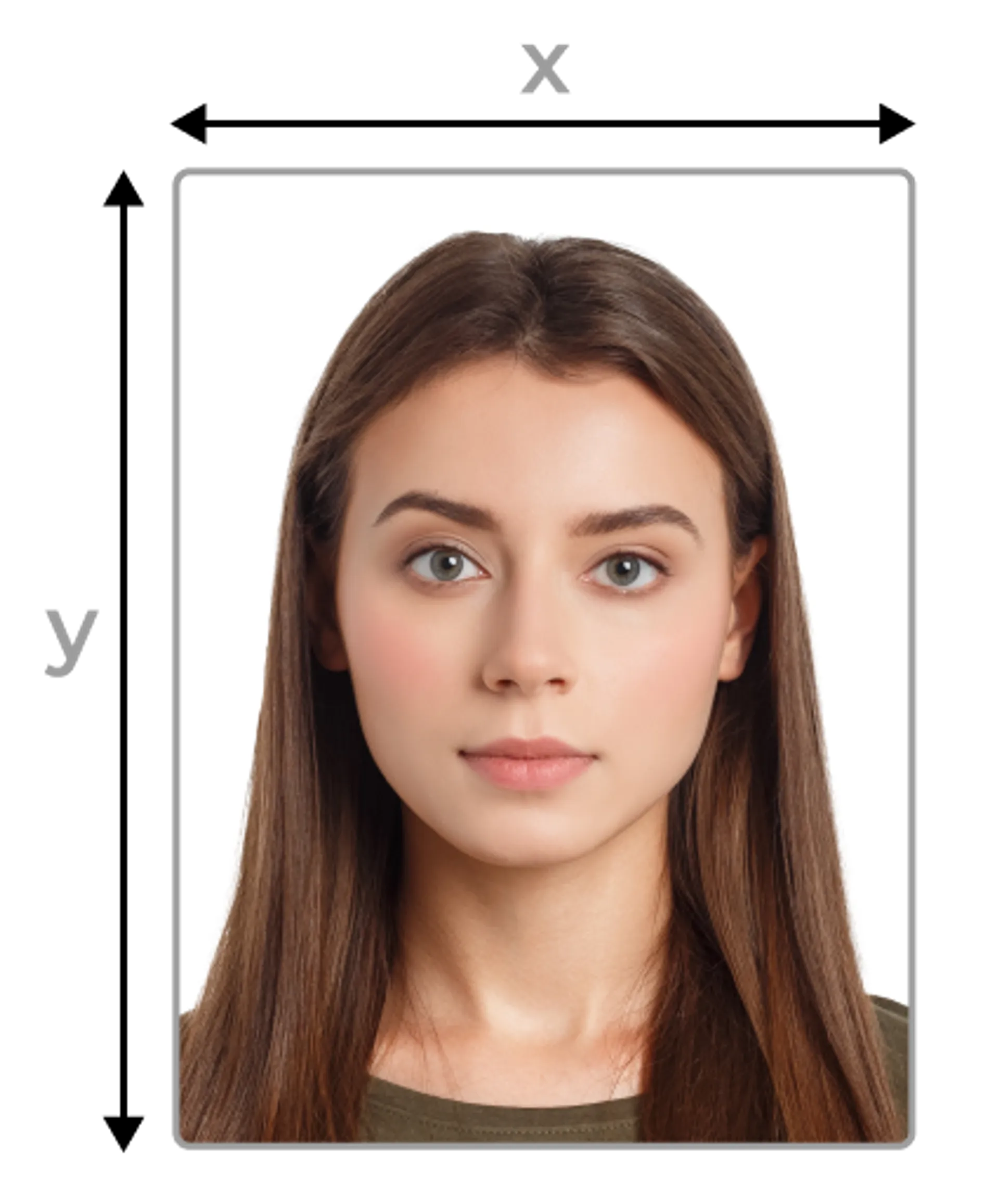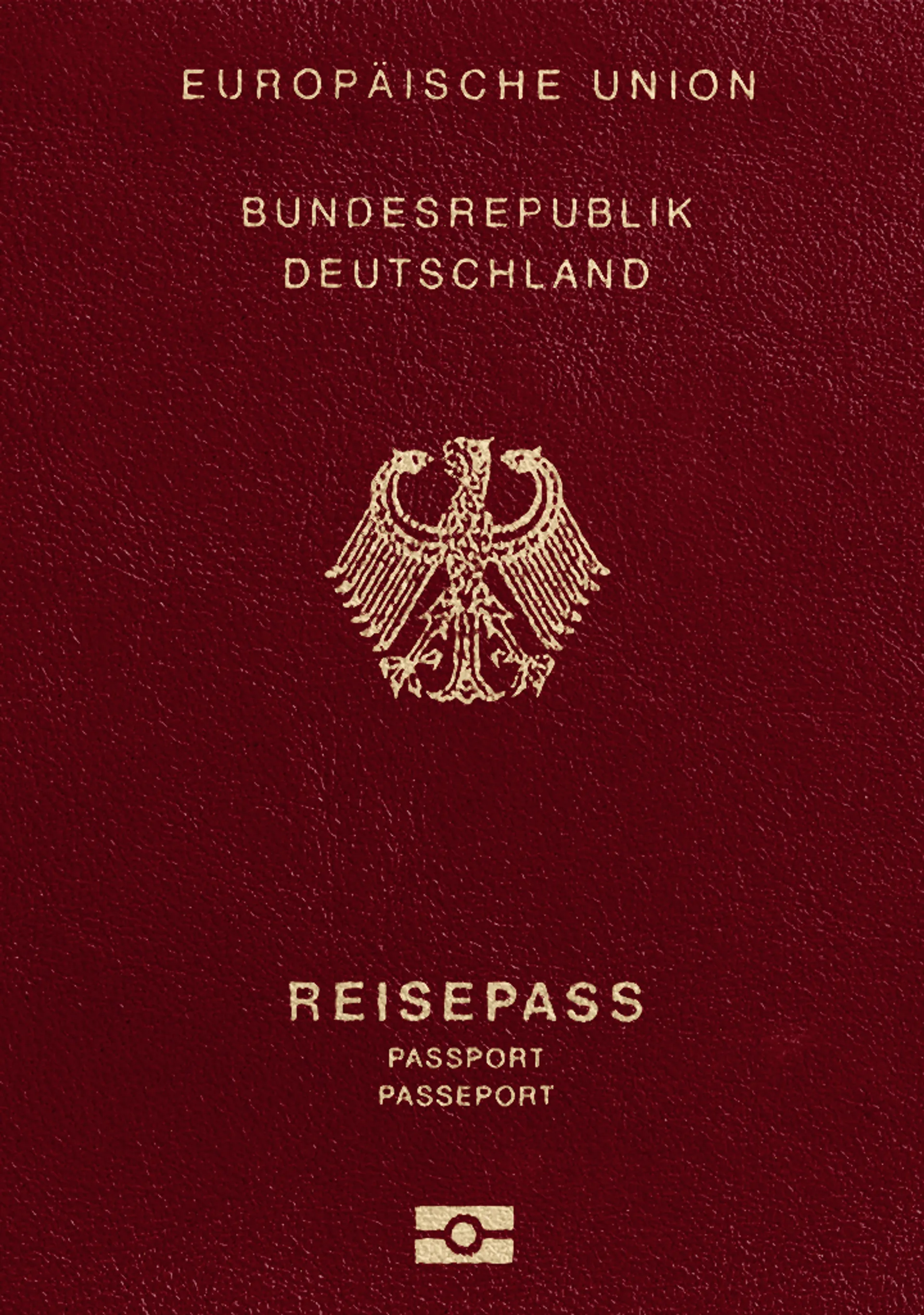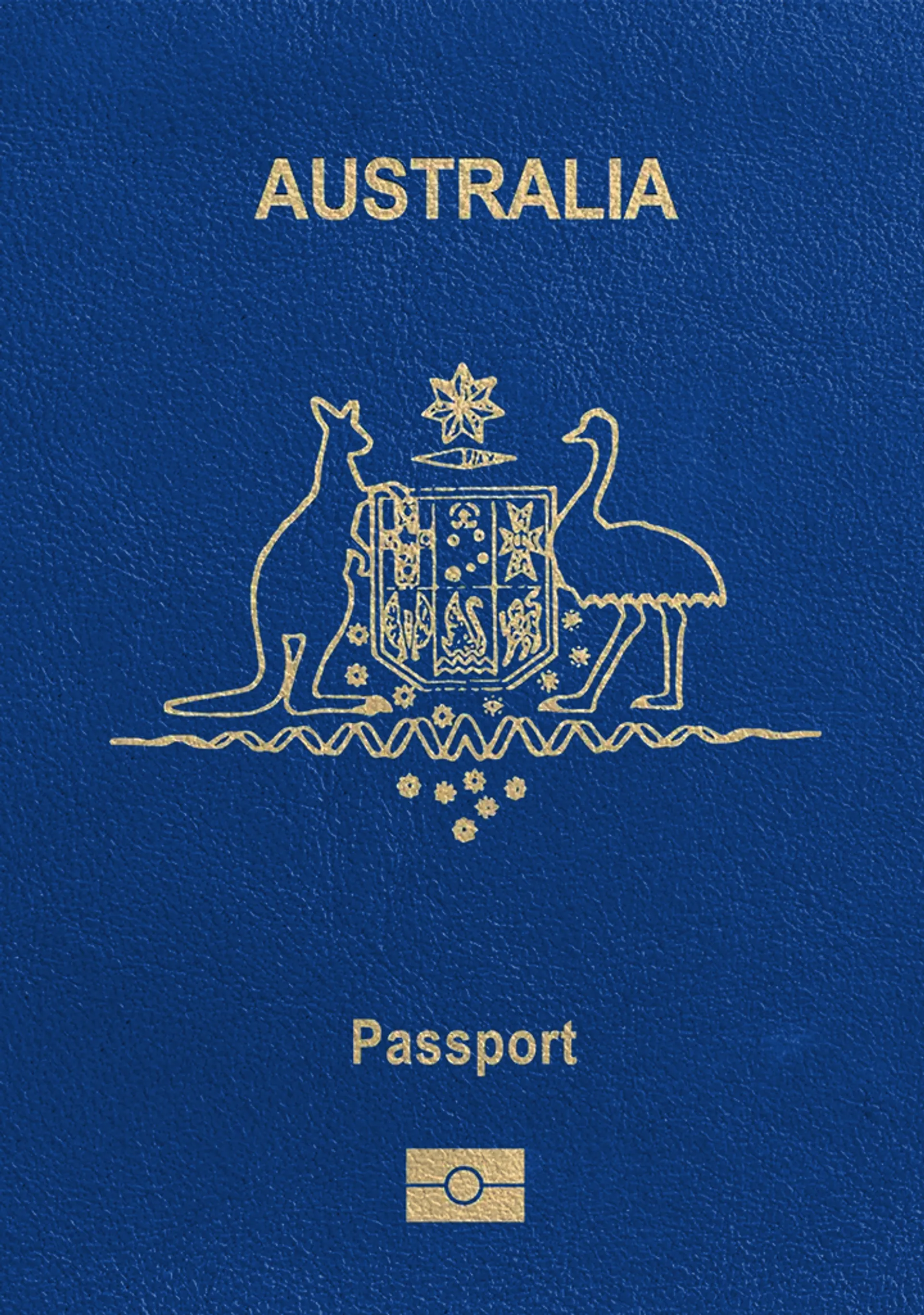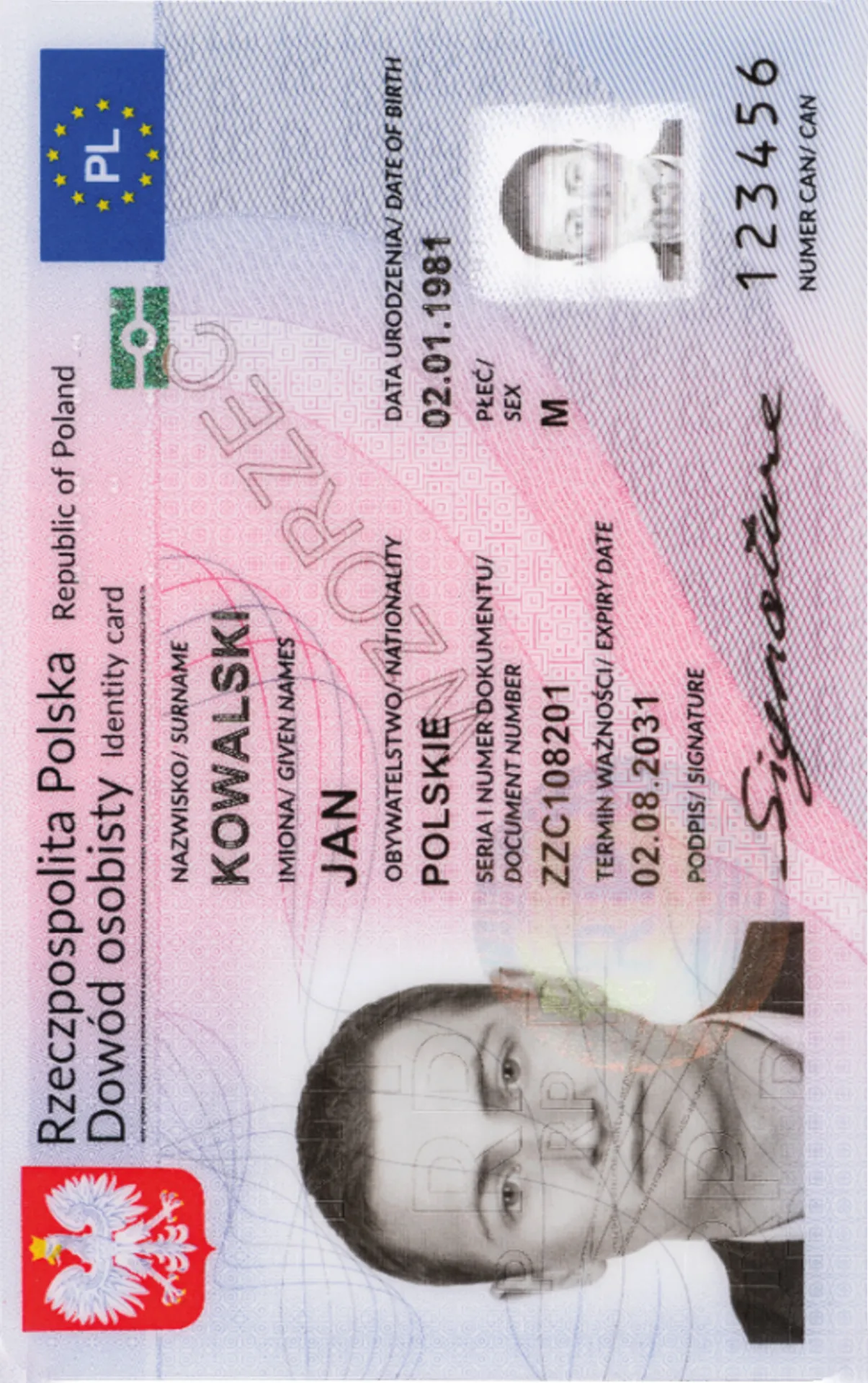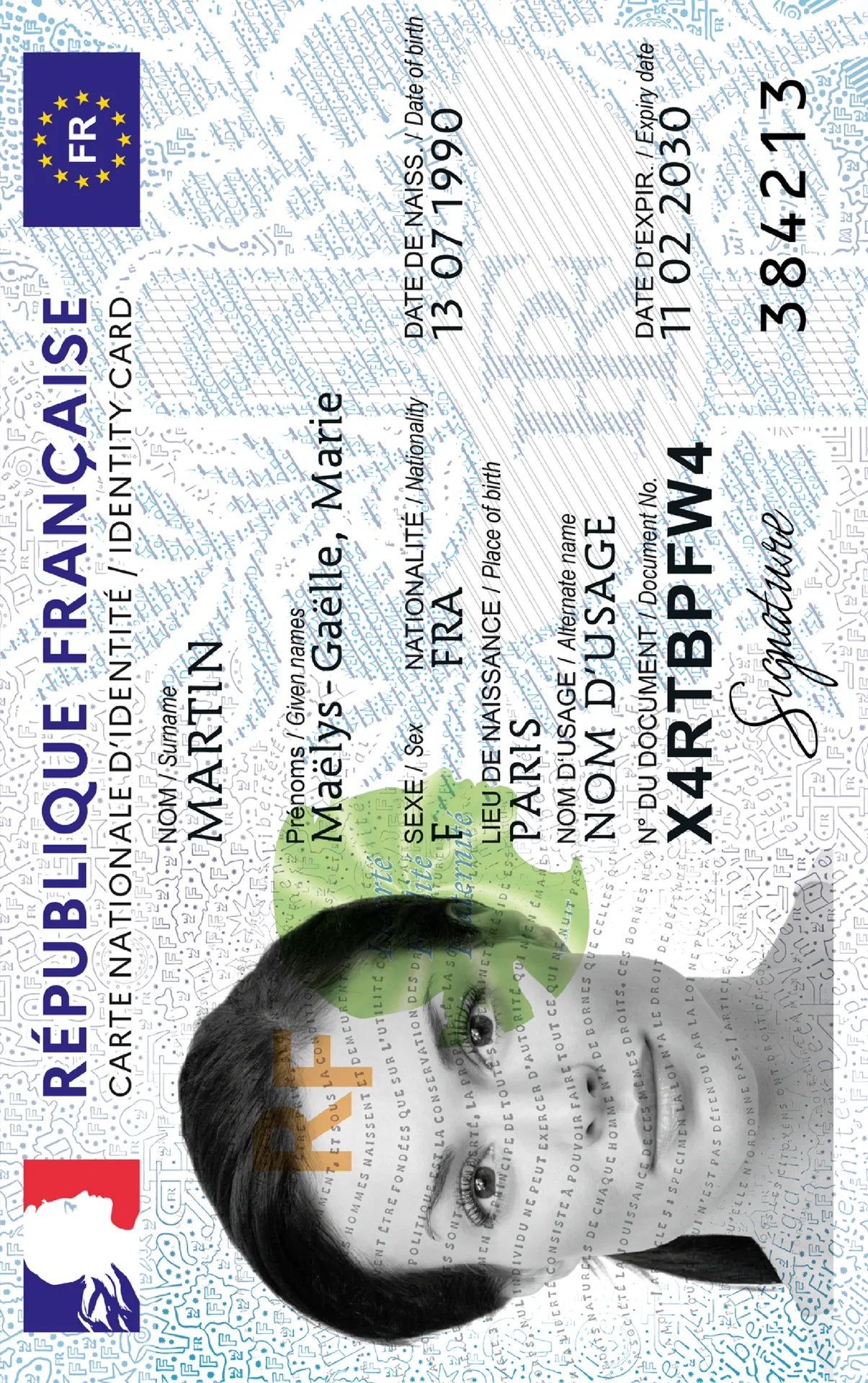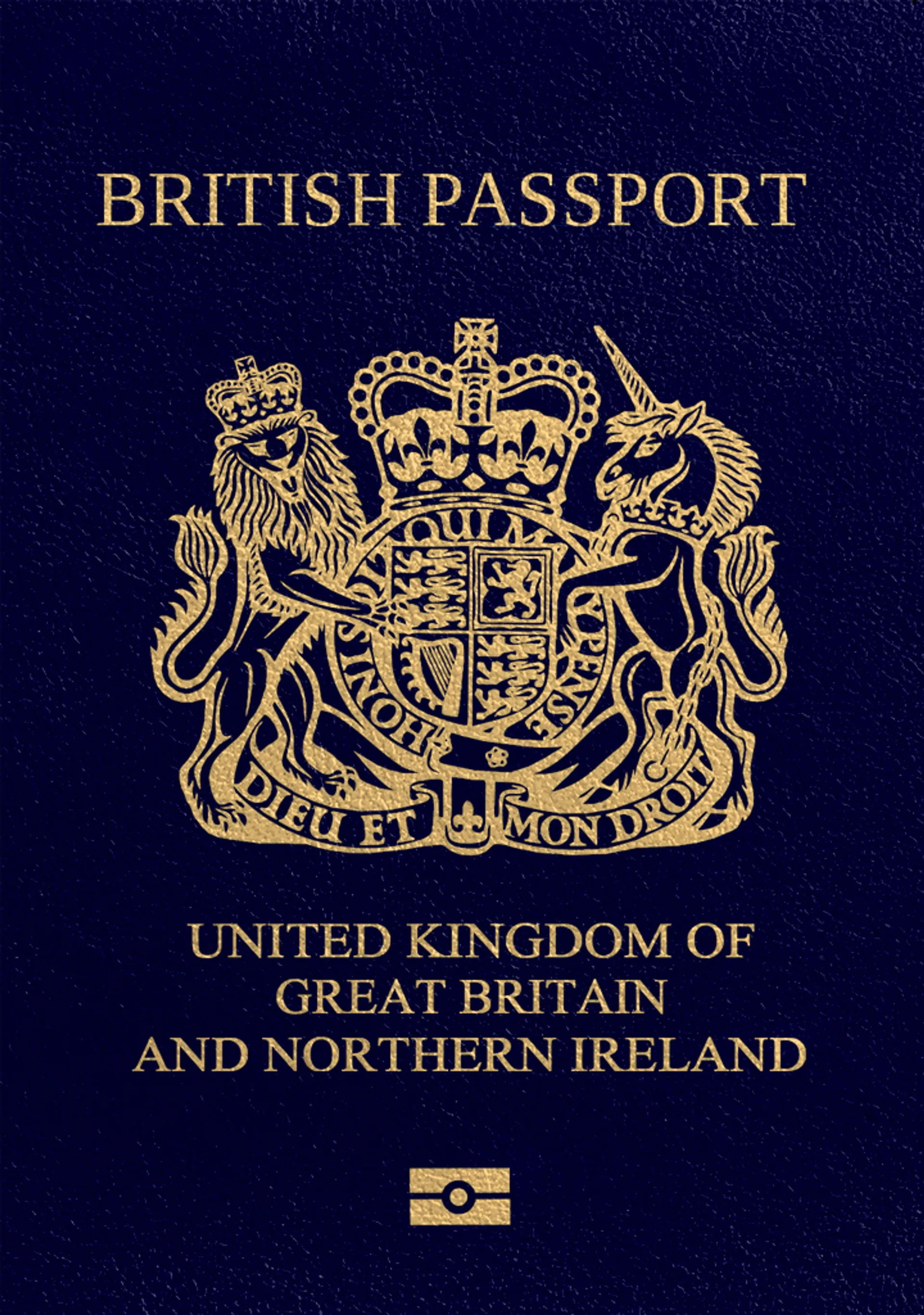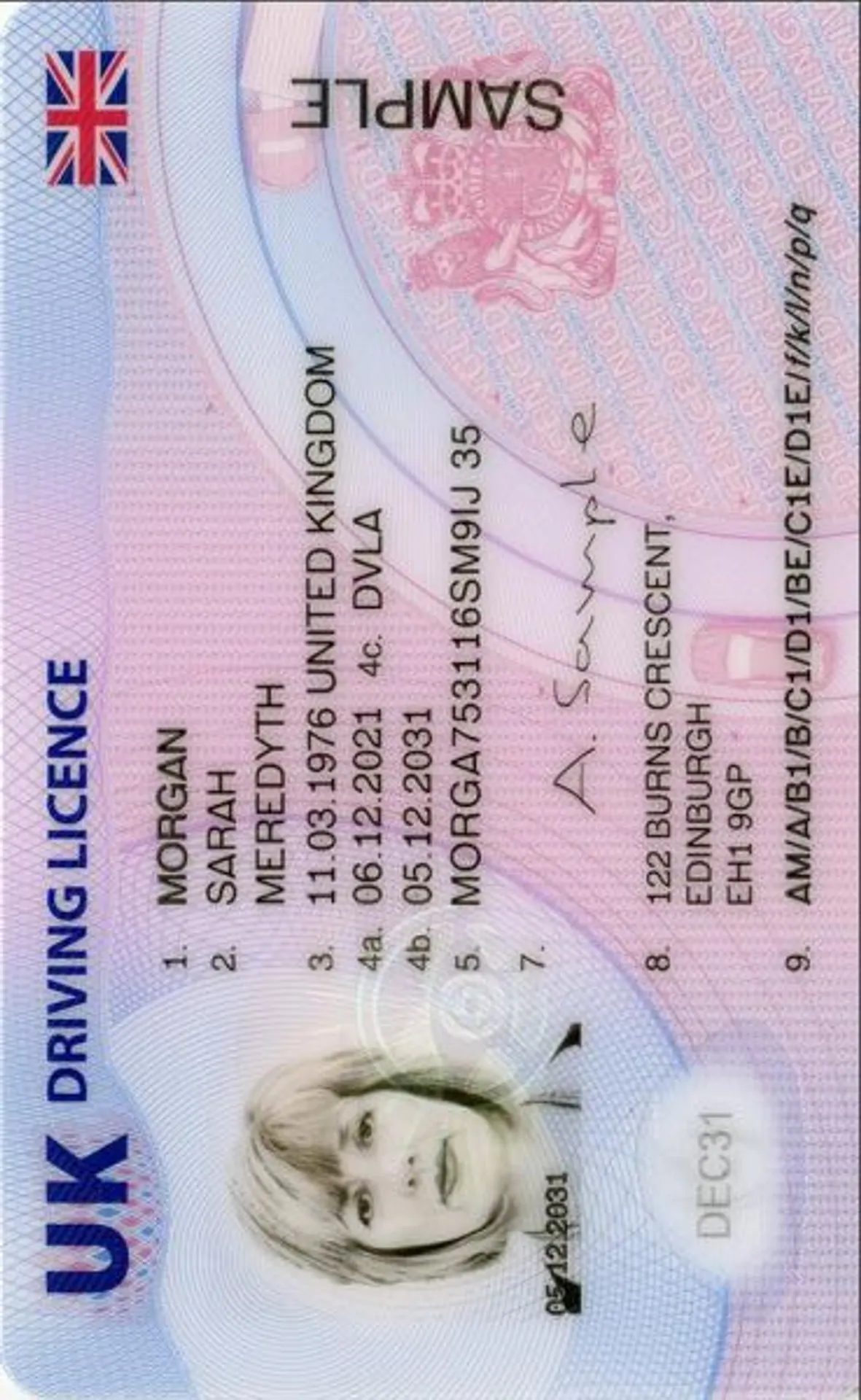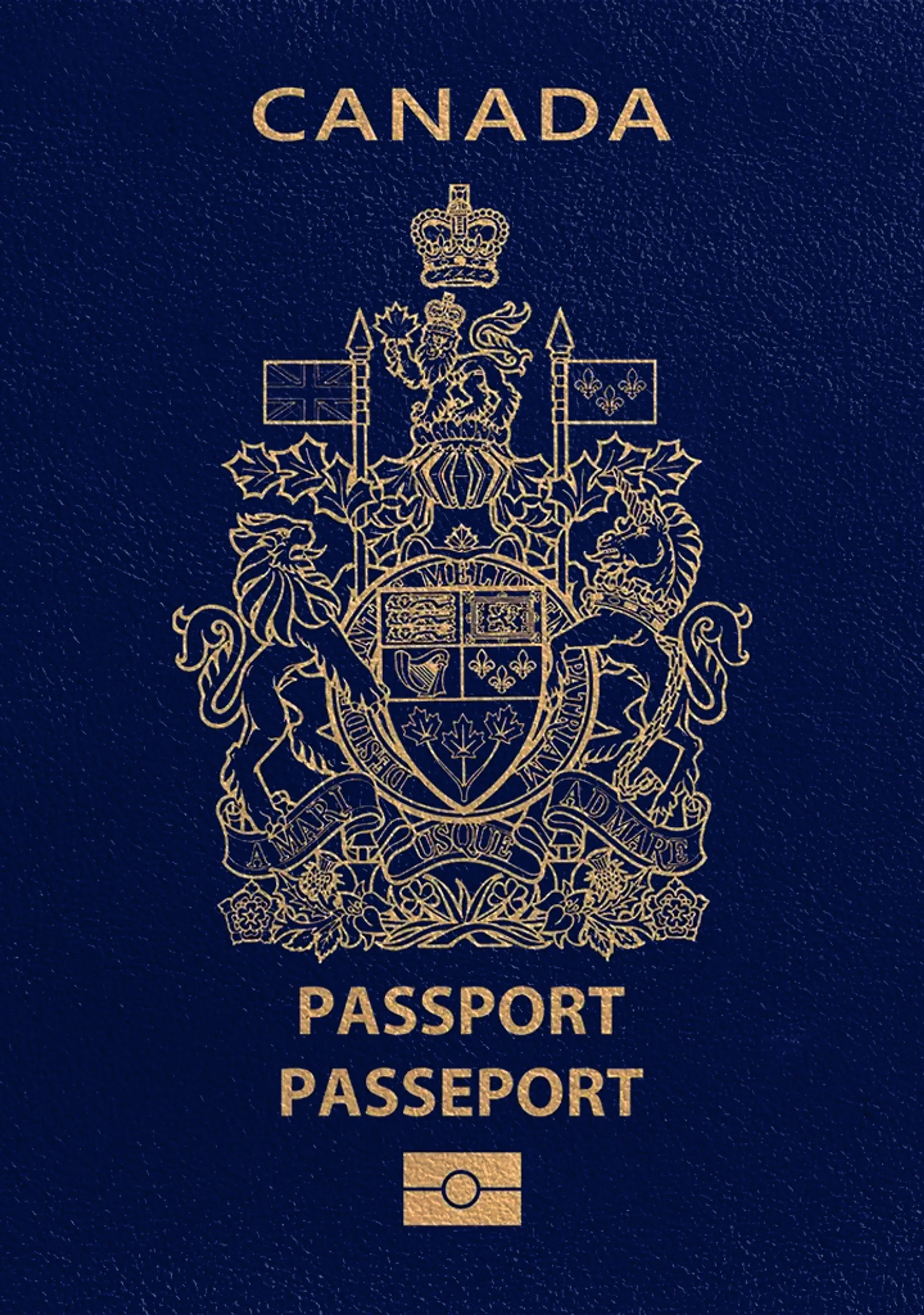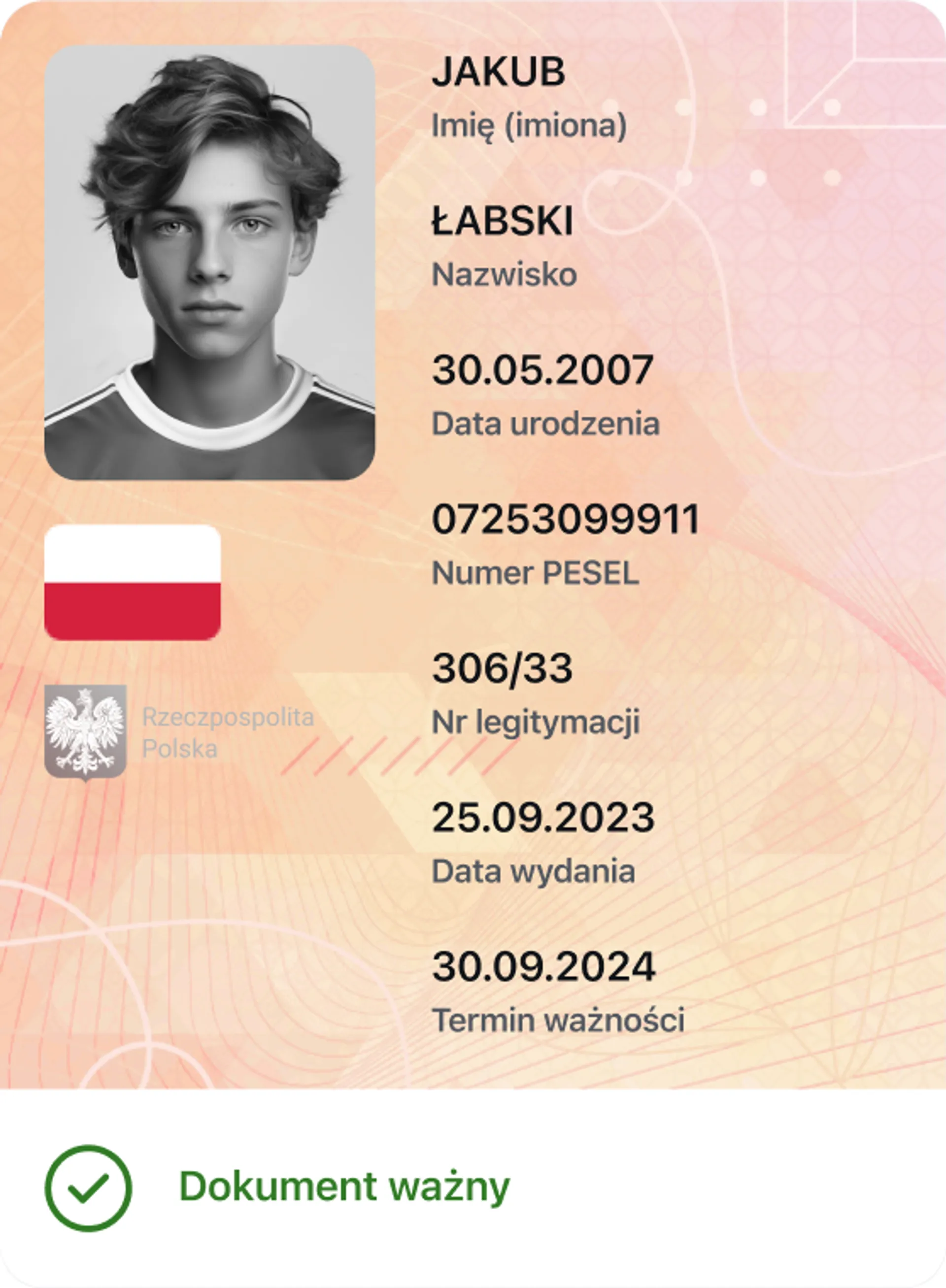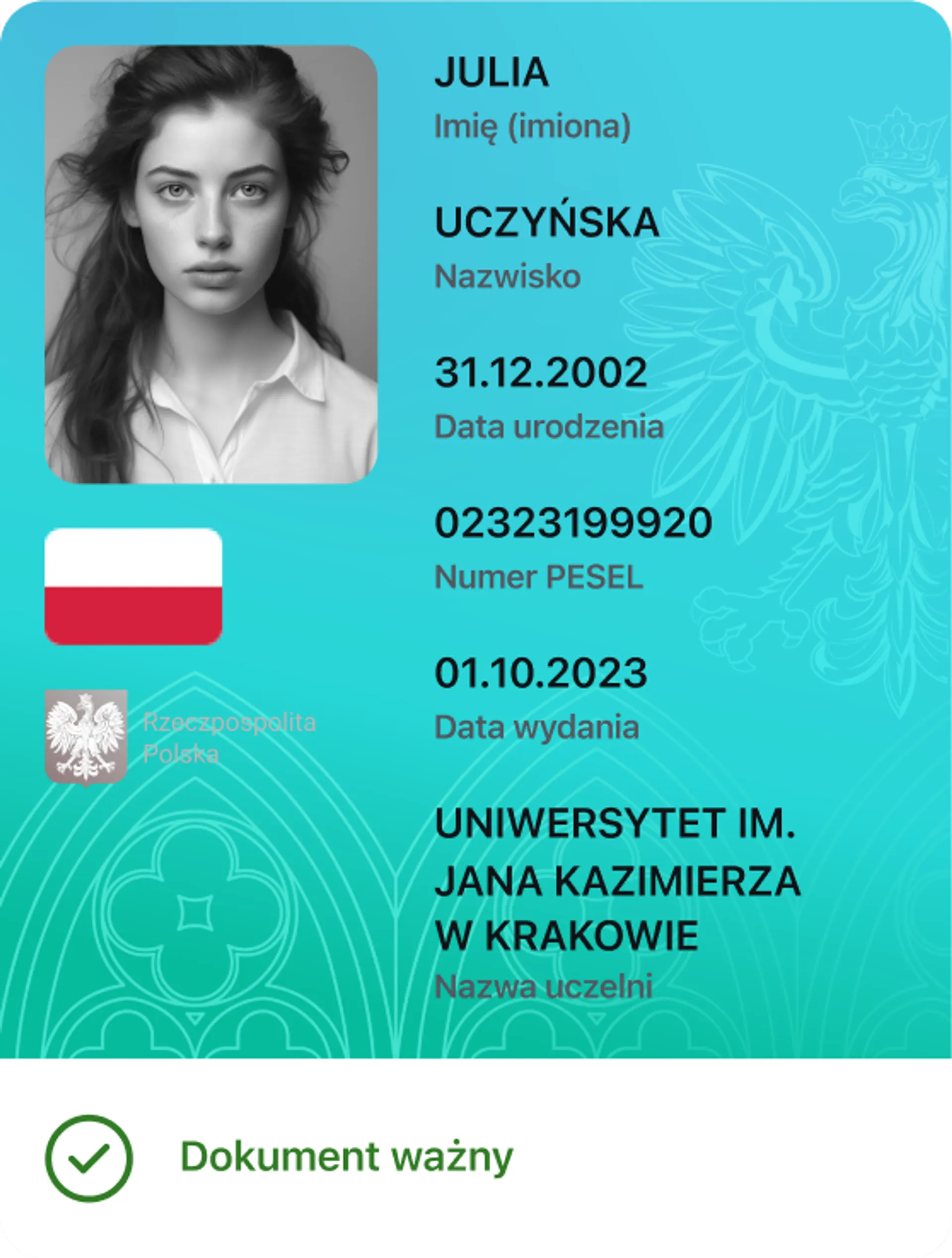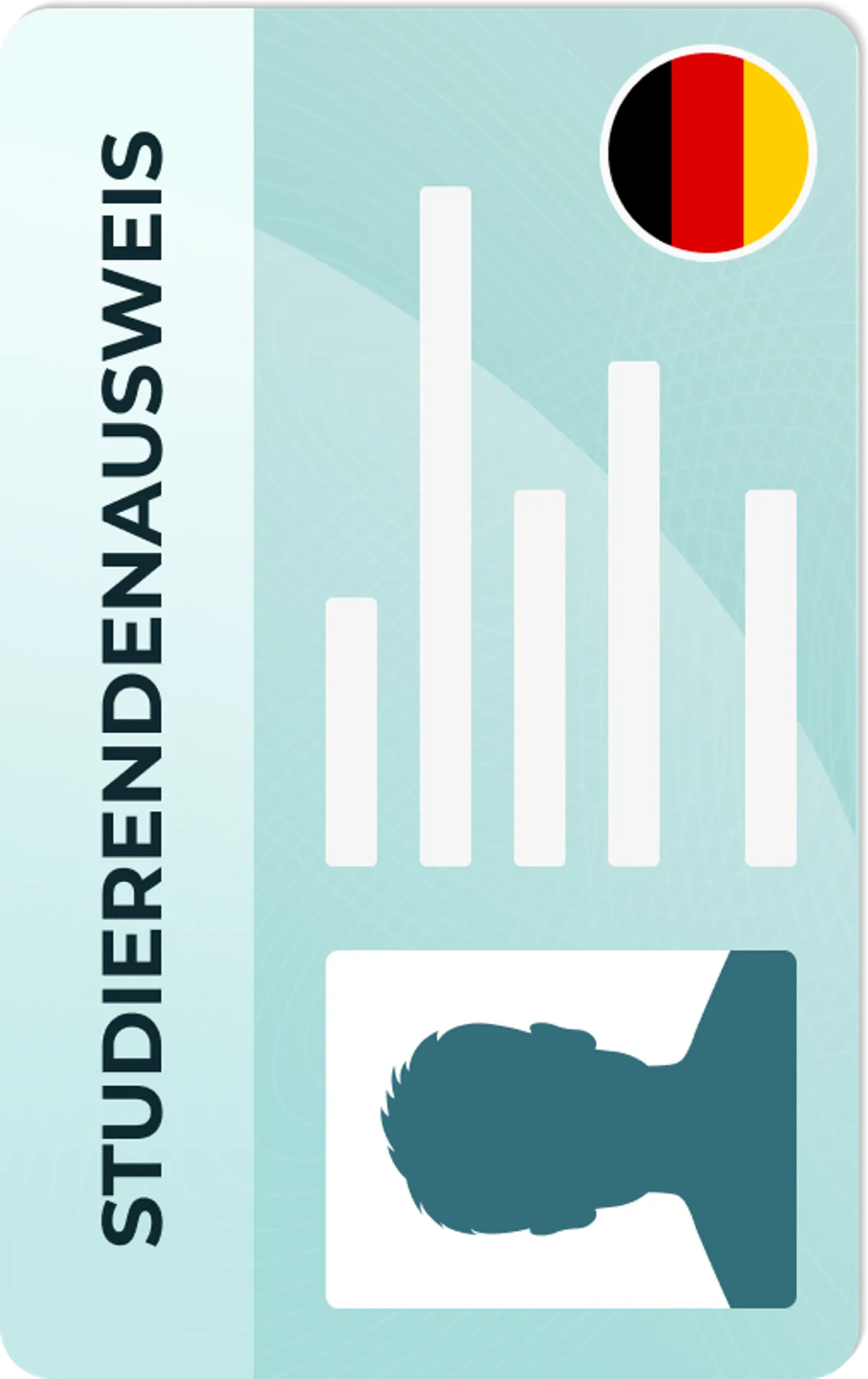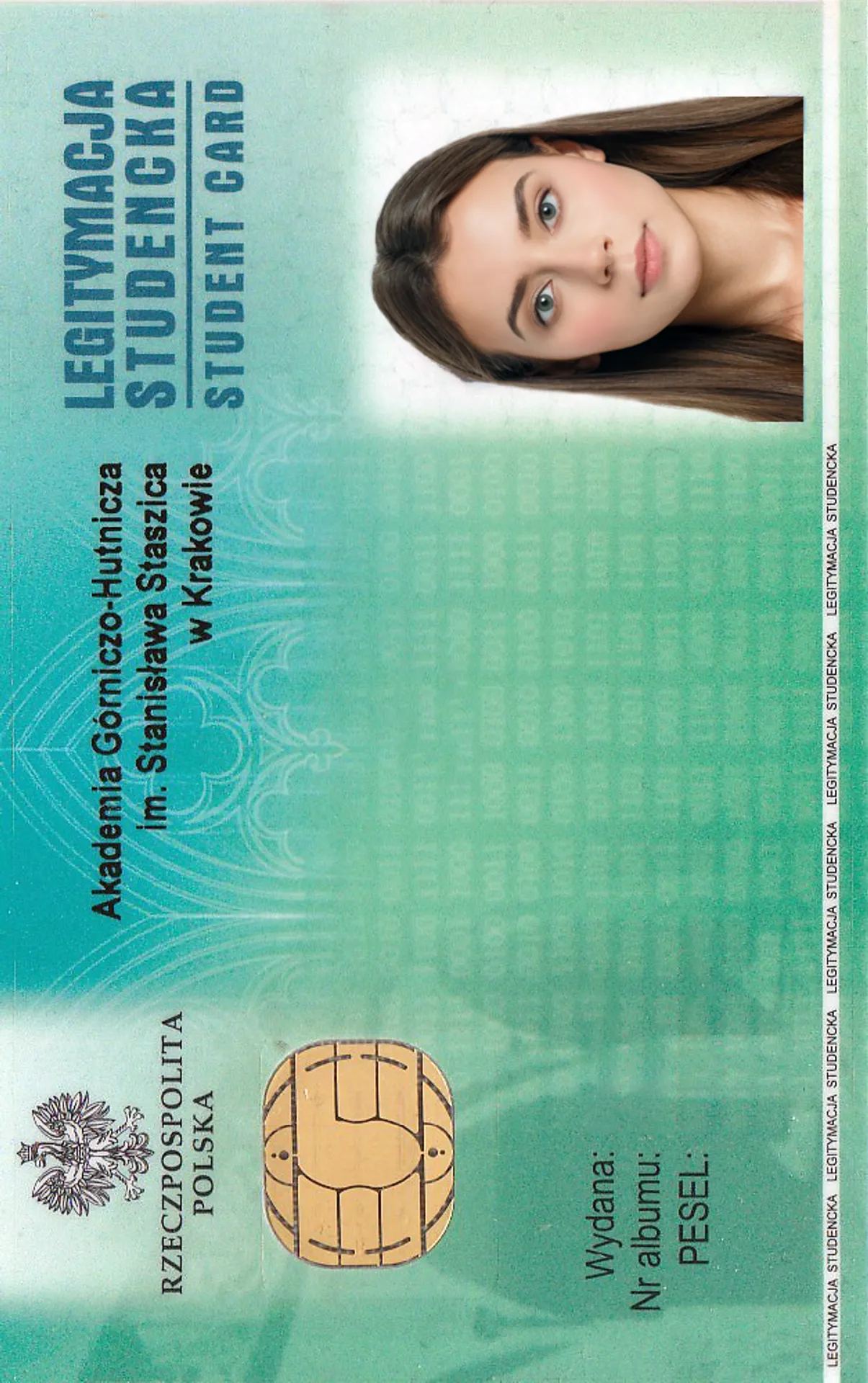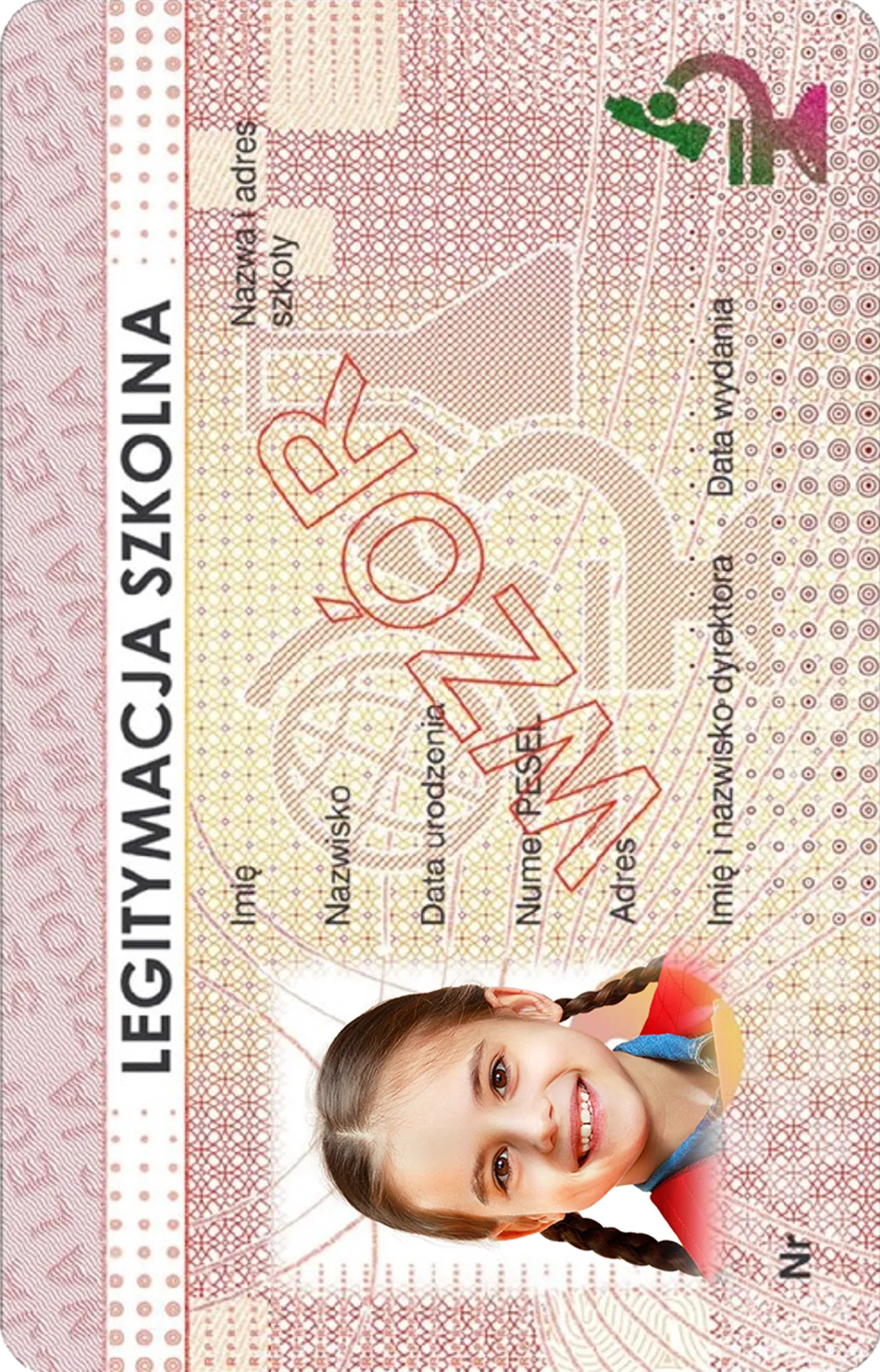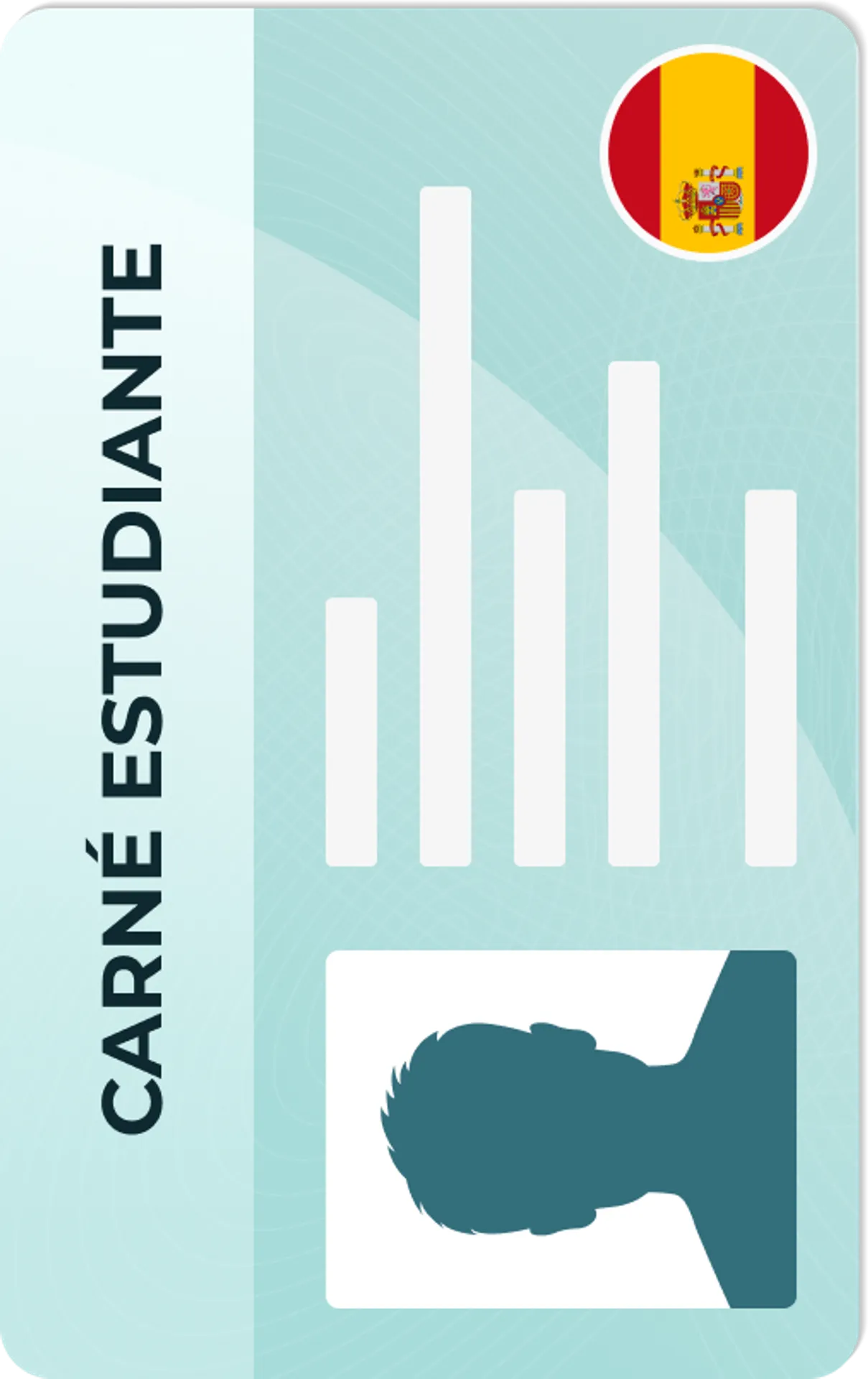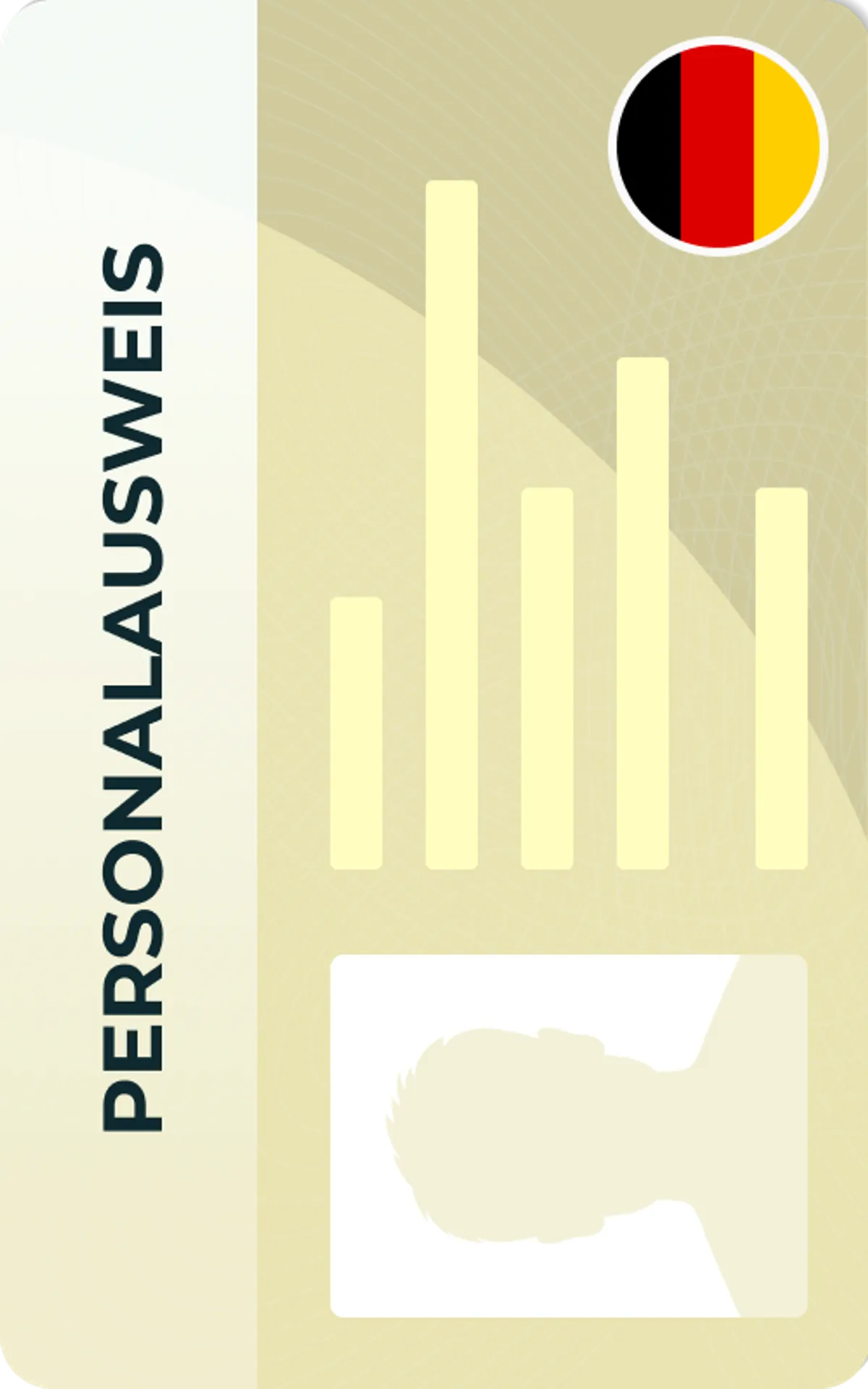Dubai Visa Photo Online
Prepare a perfect biometric photo with guaranteed acceptance!
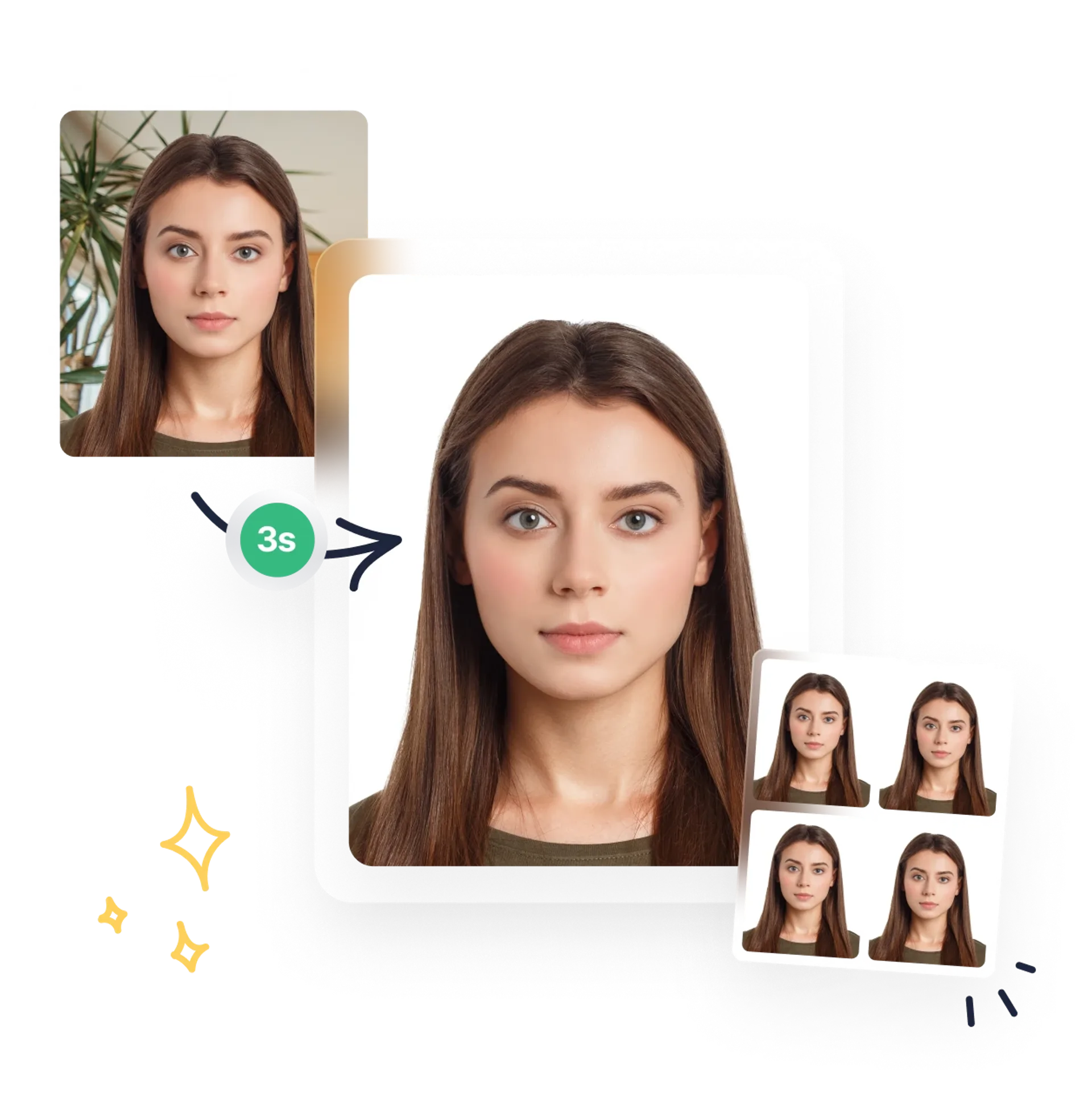
As seen in








UAE Visa Photo - Size & Requirements

Size
Width: 43 mm
Height: 55 mm
Is it suitable for online submission?
Yes
Image definition parameters
Head height: 40 mm
Top of the Photo to Top of the Hair: 5 mm
Background Color
Very Light Gray
Resolution
300 dpi
Is it printable?
Yes
How does our photo tool work?

Take or upload photo
Take a photo or upload one from your mobile gallery. Follow our guidelines to meet all the requirements.

Get your photo verified
Let AI fine-tune your photo. Order your picture, and have it verified by an expert to ensure 100% compliance.

Enjoy your photo
Download your digital photo instantly, or have your printouts delivered to your doorstep for free!
Vule is a seasoned editor with a rich background in writing and editing, specializing in content related to passport photography. His skill lies in transforming complex information into clear, engaging narratives, making intricate topics accessible and relatable to a broad audience. With a keen eye for detail and a passion for storytelling, Vule ensures that every piece of content is not only factually accurate but also captivating and informative.
Dubai Visa photo requirements
Dubai is the most popular city in the UAE and the capital of the Emirate of Dubai. In recent years, Dubai has become a popular world destination for those enamored with its sumptuous lifestyle, fancy cars, glittering skyscrapers, and overall glitz. All that combined with endless sun, the desert, and exotic nature, makes Dubai a pretty seductive place to visit.
If you’re seeking to visit Dubai as a tourist, you might need a visa, and along with it, a visa photo. In this article we will tell you all about the Dubai visa photo requirements and how to prepare your visa photo to be sure it gets accepted by the authorities.
Perhaps you may also be interested in going off the beaten path on your UAE trip - well, Dubai is not all there is to the United Arab Emirates. The country comprises seven emirates in total (emirates are basically the equivalent of states): Abu Dhabi, Ajman, Fujairah, Sharjah, Ras Al Khaimah, and Umm Al-Quwain are all equally as alluring and worth paying a visit.
Dubai visa photo size & requirements
When taking the right picture of your United Arab Emirates visa, you have to make sure that everything is ideal, as sometimes even the smallest mistake may cause rejection. Especially when planning to enter Dubai - a city that boasts glamour and perfection. You don’t want to take a bad photo going to a perfect city, do you?
Dubai visa photo dimensions
The visa photo size requirements for your UAE visa photograph should be 43 mm x 55 mm (approx. 1.7 in. x 2.1 in.).
If you’re submitting an electronic copy of your UAE visa photo, it should be 300 px wide and 369 px high.
Dubai visa photo guidelines
There are specific guidelines for the UAE or Dubai visa photo to be met if you decide to start the process of applying for a UAE visa.
Remember, if something looks incorrect, don’t edit it by removing birthmarks, scars, tattoos, or even red-eye, because this may cause your UAE visa application to get rejected.
You can use our photo editor on the Passport Photo Online website (or app) to get a professional photo service that will set your visa photo to the perfect dimensions, and edit it accordingly so it fits the UAE visa photo requirements.
Background
Let’s take a look at the background requirements for your Dubai visa photo:
- The background has to be white or off-white, without any patterns
- The picture should be in color - black and white photos are rejected
- You must be in the center of the photo and your face should take up 70% - 80% of the picture
- Your head, hair, ears, and shoulders have to be visible in the picture
- The picture should be of good quality - make sure it’s clear and sharp without any glares, shadows, over- or under-exposure
- The picture must show your real skin tone
Your Dubai visa photo must be printed on good quality photo paper and it cannot have any marks, creases, staples, or any other damage on it.
Facial expression
- You must have a neutral facial expression
- Your mouth has to be closed
- Your eyes must be open and clearly visible
- You have to look straight into the camera lens
- Your head must be straight, not tilted
What to wear
- There must be a clear distinction between you and the white background, so it’s recommended that you wear something in a solid dark color, that’s other than black (blues, purples, or greens should work fine!)
- You can wear eyeglasses if you must, but they cannot obscure your eyes and/or eyebrows. Make sure there is no glare on the glasses. Sunglasses are not permitted.
- You can only wear headgear for religious purposes, but be sure that your head covering does not obscure your face as your forehead, chin, and other facial features must be visible. Hats, headbands, and other fashion accessories are not allowed.
UAE visa photo requirements for babies and young children
Babies and infants are no exception to visa photos, so let’s go over the fundamentals of those:
- The baby should have as neutral of a facial expression as possible and look straight into the camera.
- The baby should be alone in the picture - the parent or guardian can’t hold her, and no hands can be visible in the visa photograph. If the child cannot support herself, the picture should be taken from above as they are lying down.
- Toys or dummies aren’t allowed in the picture.
Is it safe to go to Dubai?
In general, Dubai is a safe place to visit. It has a high concentration of surveillance cameras throughout the city and the entire emirate, and the overall crime rate in Dubai is relatively low.
Sources:
https://u.ae/en/information-and-services/visa-and-emirates-id
https://www.emirates.com/english/before-you-fly/visa-passport-information/uae-visa-information/
How to prepare yourself?
Distance from the camera
Take the photo from a distance of about 20 inches from your face. Ideally, the photo should be taken by another person.
Face in front of the camera
Place your face in front of the lens and keep a neutral expression on your face. Hold the camera at face height.
Even lighting
Just stand facing a light source such as an exposed window. Don't worry about the background.
Documents
We provide photos for IDs from all over the world. You’ll find the one you are looking for!

Popular Documents
Popular Documents Around the World
Related documents

FAQ

There are 44 countries that can enter the UAE visa-free, but 22 nationalities require an UAE visa. Find out your eligibility before your trip to the United Arab Emirates.
The visa fees will vary depending on how long you plan to stay in the UAE. Some of the basic stays in the UAE are as follows: a 48-hour visa costs $10, a 96-hour visa$30, short term single tourist entry $90, short term multiple tourist entry $175, long term single tourist entry $190 - $230, long term multiple tourist entry $460.
The size of the Dubai visa photo is 43 mm x 55 mm (or alternatively 1.7 x 2.1 inches). For a digital photo, it should be 300 pixels in width and 369 pixels in height.
You can apply for your UAE visa online after you book your Emirates flight. There are available online visa application services for residents and nationals of many countries around the world.
The UAE government grants a 30-day grace period for all visa holders whose UAE visas have expired. However, you will be required to renew your visa during the 30-day period in order to avoid fees.
Smiling is usually not advisable for most document photos, and the same applies to the UAE visa. You’re expected to have a neutral facial expression and look as natural as possible.
You can wear a shirt with a high enough neckline, and you can't wear a tank top or a shirt with a wide v-neck. As for the color of your shirt, it should be different from the background (something darker, because the background is either white or off-white). Don't wear glasses unless they’re medically required, and if you do, make sure that they don't cover your eyes and/or produce glares. Don't wear any head coverings unless they’re worn for religious purposes on a daily basis. Again, make sure that your face is clearly visible.
You can use your phone, digital camera, or tablet to take your Dubai visa photo. There are many photo apps available that you can use to take your visa photo. We recommend you try the Passport Photo Online app that will crop and adjust your visa photo parameters, including the correct background, so your Dubai visa photo gets approved for your visa application, and you’ll be good to go!
Dubai is considered a safe city and street crime is very rare. However, Dubai is also extremely strict, which means many things are illegal there so getting to know the cultural and religious differences might help you avoid unpleasant experiences.
The validity of your Dubai visa depends on its type. The 48-hour and 96-hour visas are valid for 30 days from the date of issue; all others visas are valid for 60 days from the date of issue.
Many tourists from around the world visit Dubai and it is easy to get the UAE visa if you have all the required documents and are eligible for one.
The Dubai visa processing times are approximately from 3 to 4 working days.

Are You Satisfied With Our Service?
Let us know how we’re doing.
Customer feedback is always welcome.
Rate Your Reading Experience:





Rating: 4.73/5
Number of votes: 188












